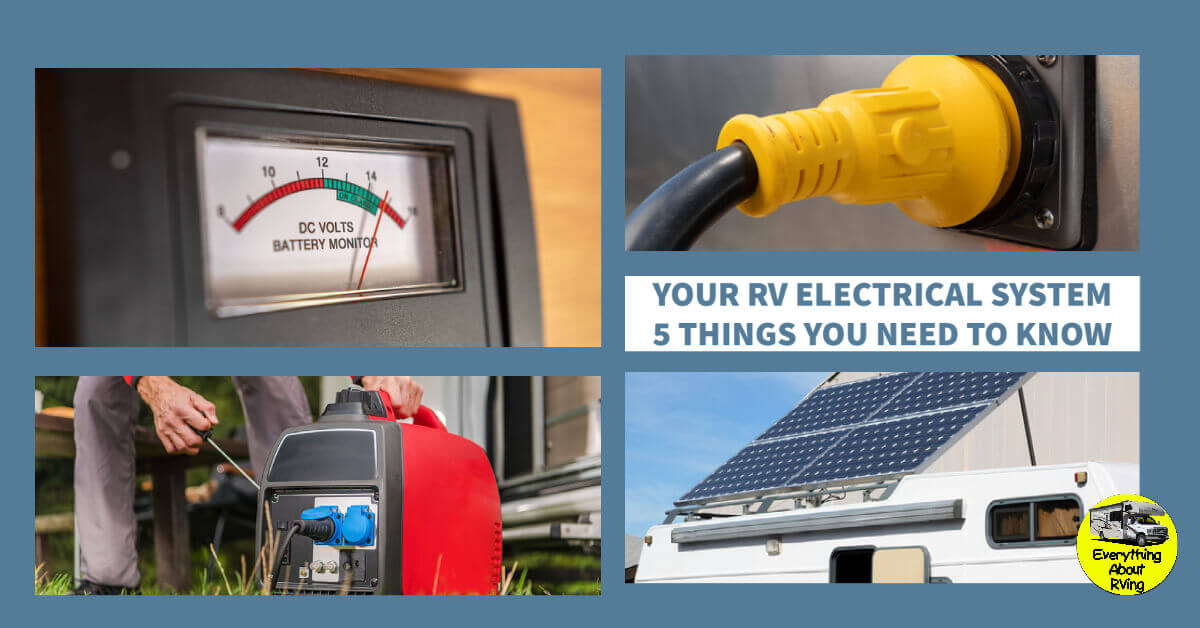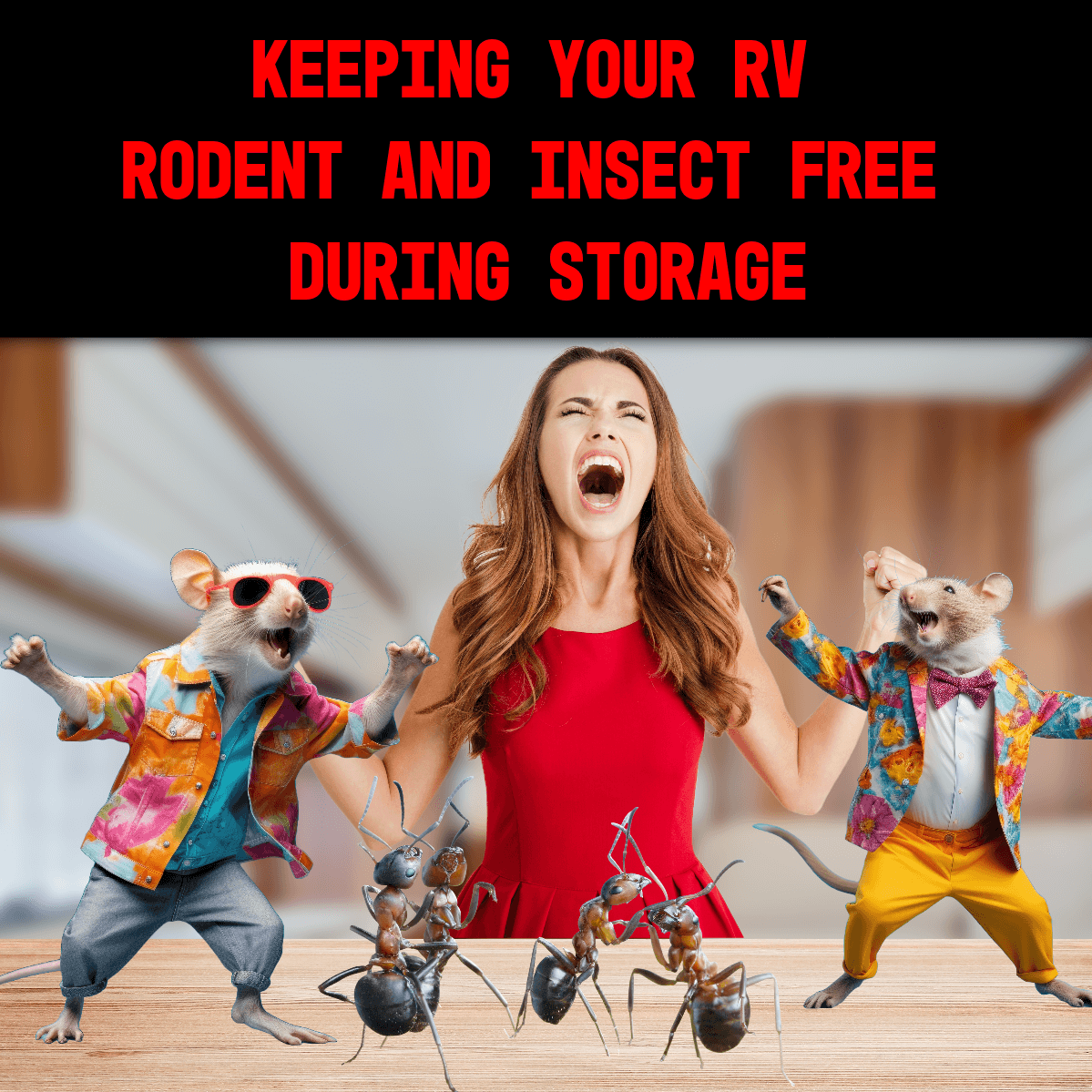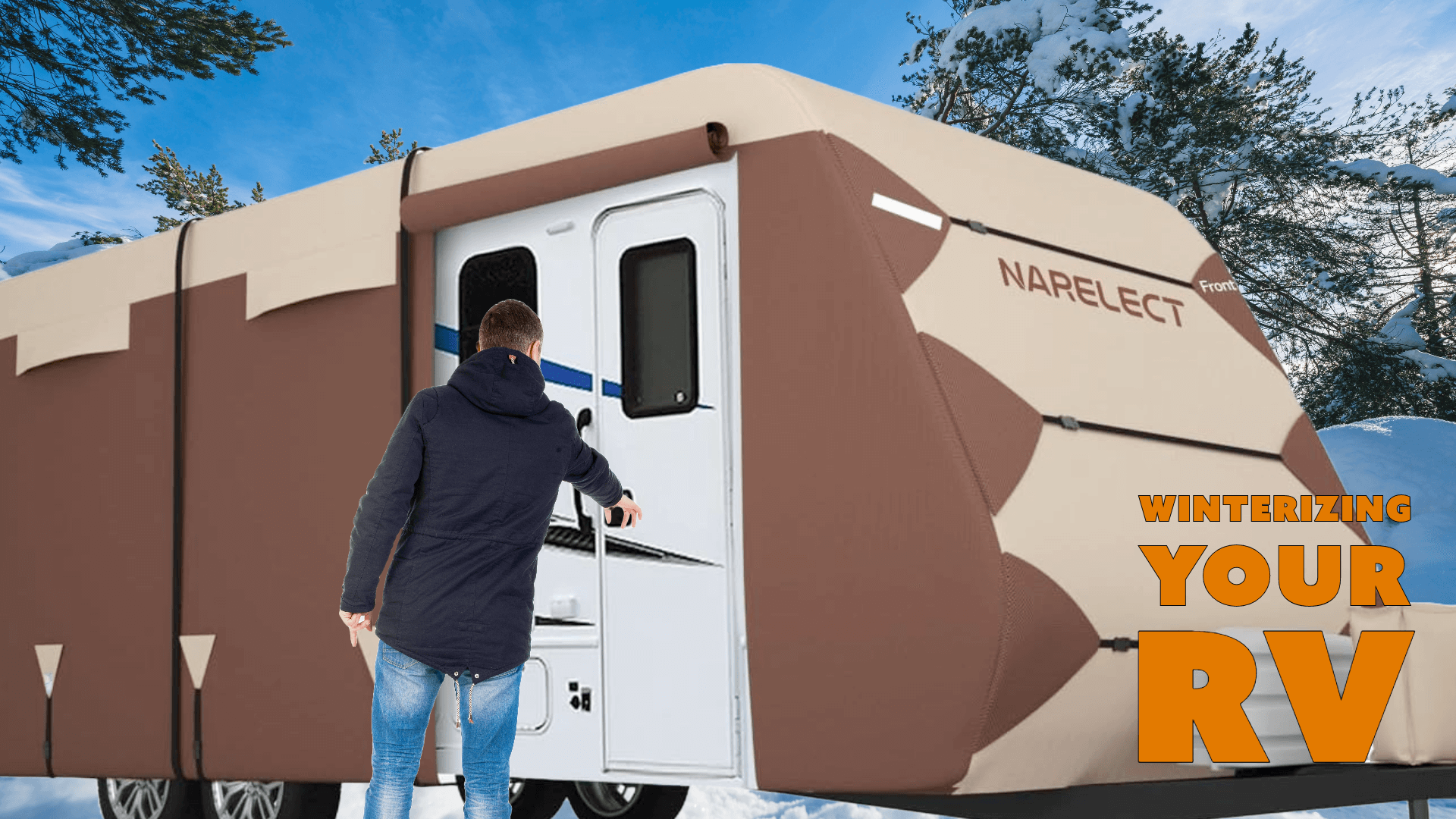- Home Page
- RVing Tips & Tricks
- Rv Electrical System
Your RV Electrical System
5 things you need to know
Understanding your RV electrical system is an integral part of your health and safety routine when RVing
Whether you are traveling the country with the family or scoping out full-time RV living options, understanding your RV electrical system is a necessary safety precaution. While most people know that an RV's power system works differently than a sticks and bricks home, many RV owners struggle to learn those differences when something goes wrong.
How RV Electricity Works
Like other electrical systems, your RV will have circuit breakers to keep you from drawing too much power at once. This means putting high draining appliances on separate circuits for most homeowners, but it is essential to remember that your RV has fewer circuits and less available wattage. Trying to use a hairdryer and a microwave in your RV simultaneously could trip the breaker or possibly blow a fuse.
Most homes will run on Alternating Current; cars use Direct Current. However, RVs use both Alternating and Direct Current for different functions, and it is critical to know which is which. Anything that runs on the vehicle's batteries is DC, including interior lights and the starter. Large, daily use items like your television, microwave and air conditioning will run on AC, usually supplied by a generator or site hookup.
LEARN HOW TO RUN 2 RV A/Cs ON A 30 AMP CONNECTION
How To Plug Your RV In
You do not have to put your RV in a powered site to use many of the features, meaning that you can still visit most national parks and smaller campgrounds without having to do without your heater. Knowing where your hookups for power, water, and sewage are for your RV is critical for charging your batteries, emptying your black and gray water tanks, and filling up your clean water. You will also want to take some safety precautions before hooking up to a new electrical system, such as testing the connection with a polarity tester and turning off your RV's electricity. Both of those precautions will keep you from blowing out your circuits.
Which Features Drain the Most Energy
Knowing where your energy is going can help prevent overloading a circuit or draining your batteries between hookups. Appliances such as water heaters, cooking surfaces, and entertainment centers will drain more power than the radio or the lighting. These power requirements mean that the more you use your RV's kitchen during pit stops, the fewer reserves you will have at your destination. It also means that running the AC while cooking and watching TV will draw more power.
Which Power Generation Options Will Work
Most modern RVs will come with an inverter and converter as part of the standard package, making it easier to charge your batteries from the site power, a gas generator, or even solar panels. You should know the wattage, voltage, and amp settings for your electrical systems before buying a generator or putting solar panels on your RV's roof.
RV Parts and Accessories on Sale Now
What Your System's Maintenance Needs Are
In general, you should inspect all the systems on your RV as you winterize it and when you get it ready for the next camping season. However, if you live in one full-time, you will want to inspect your systems more often. These inspections can help you spot minor problems before they become catastrophic failures. Look for frayed or chewed wires, burn marks around outlets, and blown fuses during your inspections. It is also essential to keep a list of things that are not quite working as they used to. For instance, if your heater takes longer to warm your space or your thermostat is slow to kick in, you may want to have it looked at by a professional.
Final Thoughts
Understanding your RV electrical system is an integral part of your health and safety routine when RVing. You will want to know how much wattage your system can handle, which appliances run on DC and which run on AC, and how to plug your RV in safely.




